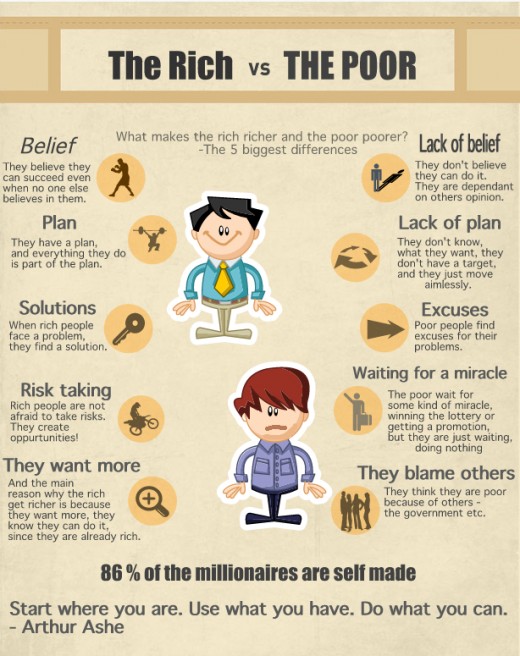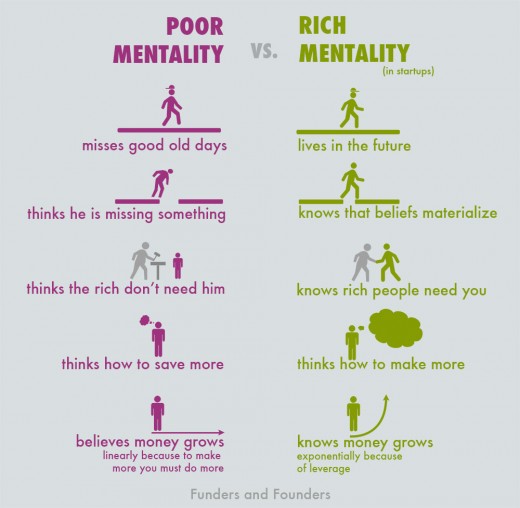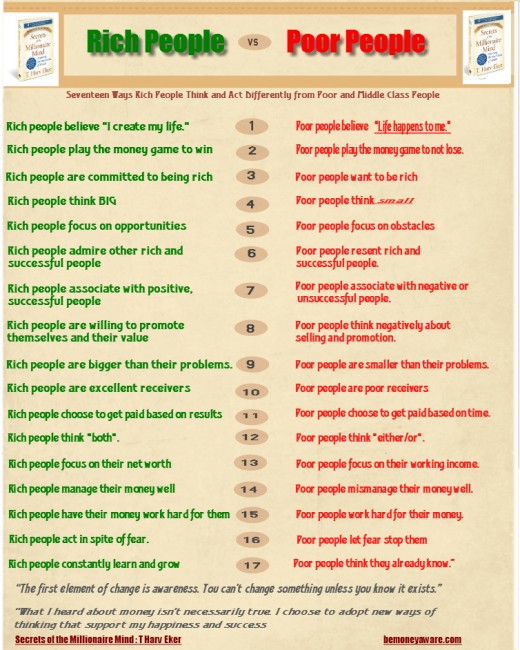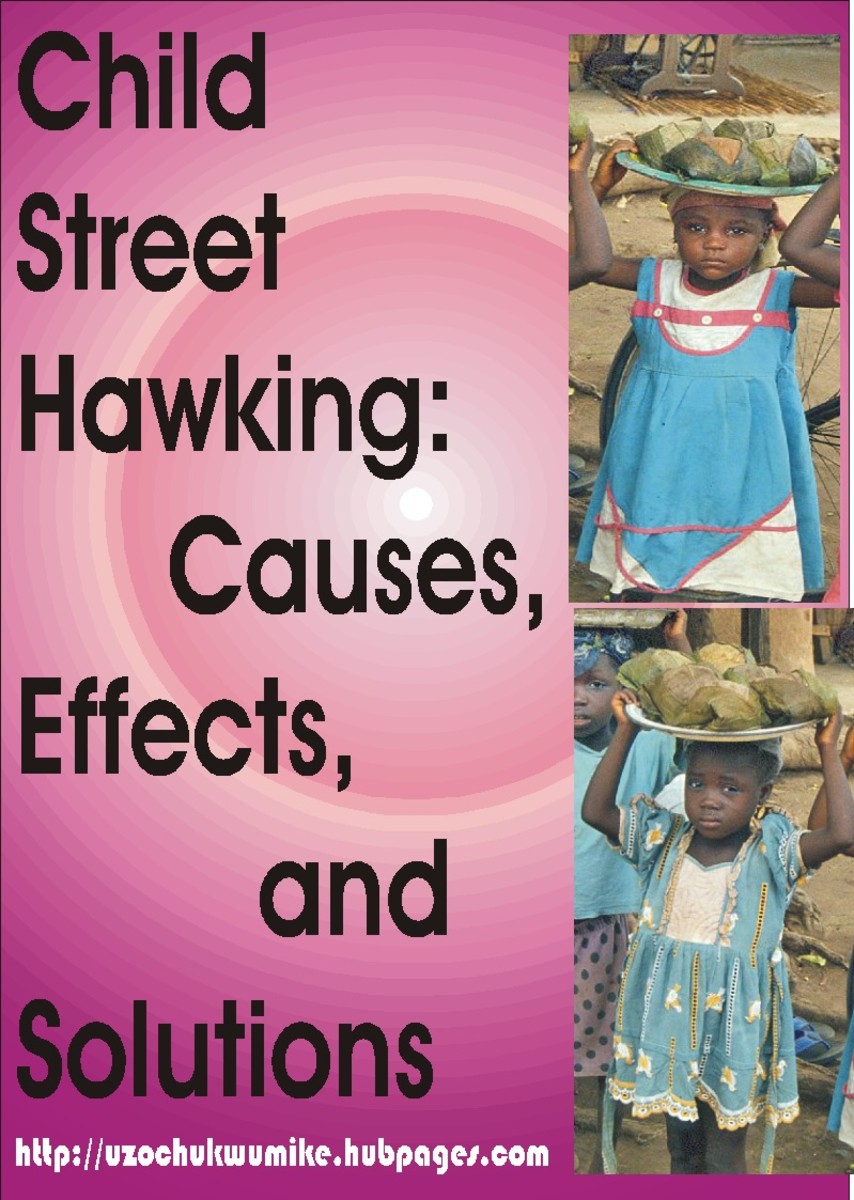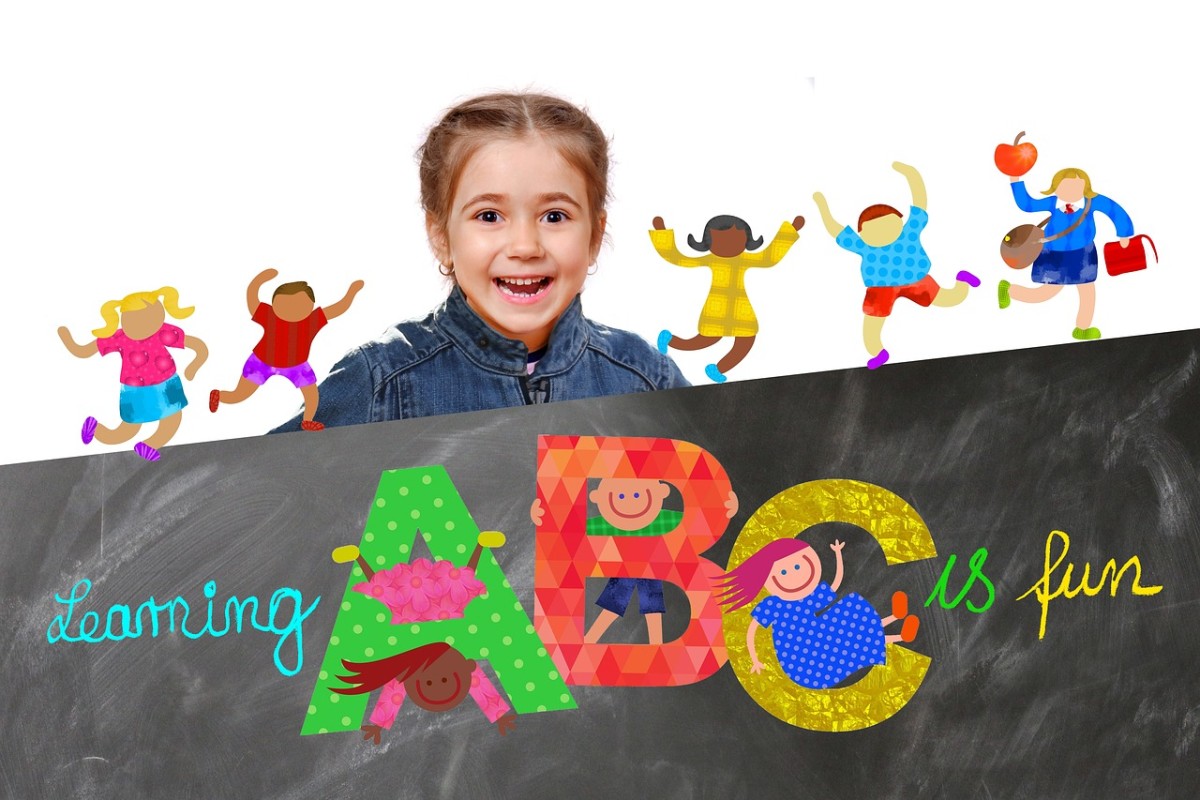How to Pull Yourself, Your Children and Grand-Children Out of Poverty
The Choice Is Yours
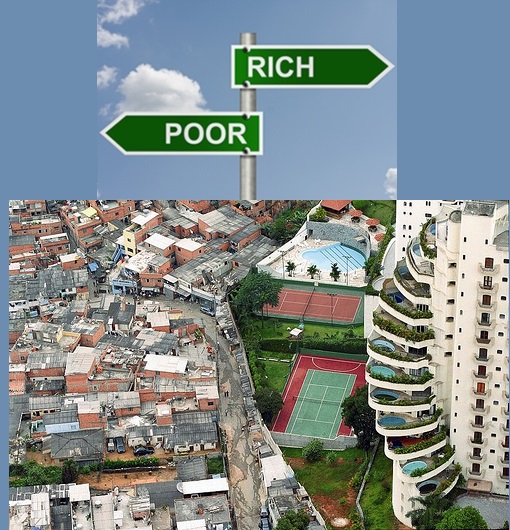
Let's Look at Two Scenarios
Let us just begin with two imaginary people, to illustrate. Both are poor, both are married, both have at least one child. Both have mortgages, the same bills and unexpected repairs, house is valued equally, both, at this point in the story, are identical, financially. The starting point is the present time, not some time in the past. This is the starting point, and the starting point is crucial to understand the ending point.
The first person, we'll call them Person A, has one child, the second has more than one child, we'll call them Person B. Let's say Person B has 4 children. Let us say, also, that both have managed to pay off their houses in their lifetimes. Both die, as we all will do one day. Person B has to leave the house to only one of their children when they die, or to all of them to live in, or to sell and split the money. Person A can just leave their house to their only child, no need for any sharing or splitting the profit.
It costs anywhere between 200+ thousand and a million dollars per child to raise a child, depending on what article you read. Forget about tax breaks, social programs that offer assistance, forget all of that. That's how much it costs to raise a child, and it doesn't matter how much support is available, some, all, or most of this will come from the pocketbook of the parent(s). And that doesn't include education. Person B has had to spend a heck of lot more than Person B, on children.
Not much left over after bills for the finer things in life. Let's talk a bit about education, which should be a necessity of life, but it's not. It was a struggle for Person A to put their child through college, but they did it. For Person B, higher education for all their children was out of reach, only one of their children went to college, via loans and scholarships and grants. The two children who went to college have the potential to earn a million more dollars in their lifetime than the children who did not go to college. 100% of Person A's children went to college, 25% of Person B's children went to college. Of all the descendents, of both Person A and Person B, all of their respective children could have gone to college, but both families were poor to begin with, and poverty has a tendency to make higher education out of reach.
Person A's descendents can have two or more children. Person B's descendents can have two or more children. Straying from the formula does not affect much, overall. What matters most is what wealth is available at the starting point. If you're as rich as the Kennedys, for example, you can have 12 children, no one is struggling in that family.
In just one single solitary generation of the two people in our example, there is already a million dollar difference in income between Person A's child and 3 of Person B's children. Person A's child has more property than 3 of Person B's children, and there's an education gap between them as well. What happens in 3 generations? 4?
For a poor person who does not know this strategy, it is not too late, even if they've already had more than two children. What they need to impart to the next generation is that they need to keep the amount of children to one or two, to pull future generations out of poverty.
This is what rich people know that poor people don't. That is what rich countries know that poor countries don't. And, one scenario is sustainable, the other, more than 2 children per household, is not. Eventually land that could have been used for farming is needed for housing. And it just goes downhill from there.
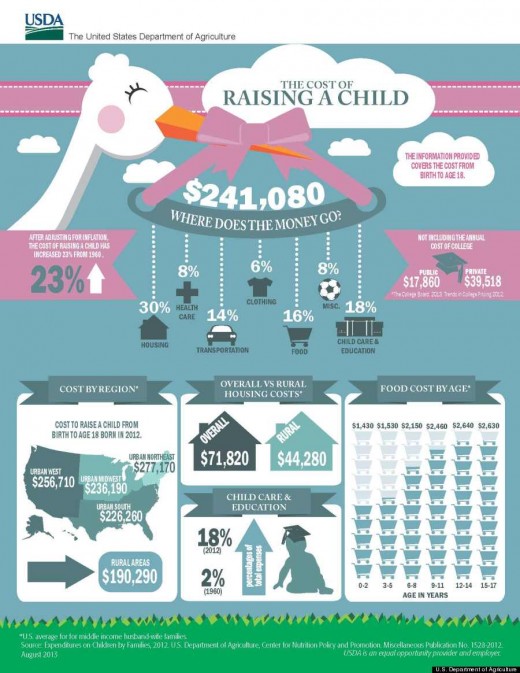
Education Affects Earnings
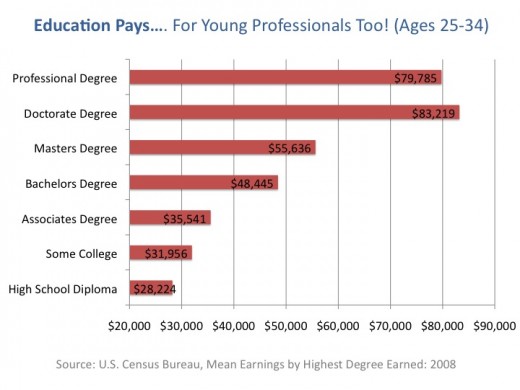
The Pyramid "Scheme" That Actually Works
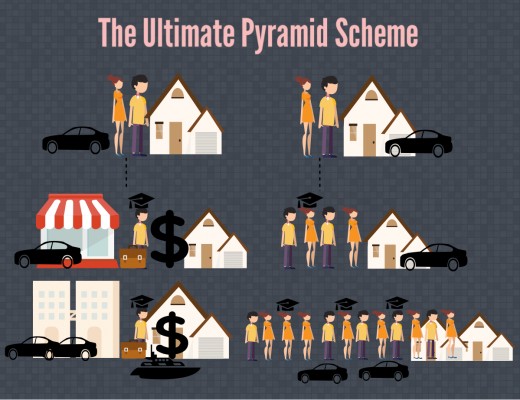
If You Think About It...
We've all seen "The Pyramid Scheme" charts and graphs. There's one lucky dude up at the top, where all the money flows. and in the middle are the luckier people who get something for their time and effort. And then there are those on the bottom, who get nothing, until they've created their own pyramid below them.
But in the case of those families who have had few children, the wealth has time to be acquired and passed down, instead of being spent as it's made. In the case of poor people with lots of children, it's a pyramid scheme with the two wealthiest being at the top, the poorest on the bottom. Grampa George and Grandma Georgina have 16 grandchildren clamoring over their belongings when they pass on. In the case of a poor family having only one child per household, it's an inverted pyramid, with all the wealth and properties being funneled down to that one person on the bottom. Little Jimmy, all by himself, has everything that two sets of grandparents have acquired in their lifetime.
Once upon a time, everyone, rich and poor alike, had as many children as they could produce, because up until modern times, a high percentage of the children would die. Disease, animals, wars, you name it, took their toll. Humans were once an endangered species. That is not the case anymore. Unfortunately, our own evolution and biology tell us to have as many kids as we can, even though it is no longer necessary, and even though doing so causes more problems than we can solve, and exacerbates more problems than we can count. Evolution and biology is also what tells us to eat that whole cake instead of just one piece. In both cases, don't listen. That's a hard voice to ignore, our own DNA and millions of years of evolution, but we can do it.
Have you ever joined in a game of Monopoly, where a few rounds have already been played? It's nearly impossible to catch up, the cards are stacked against you. Life is exactly like that when you're poor. You're sidling up to the table after a few rounds have been played. But now that you know what's going on, you can better prepare your children and your grandchildren to play the game, by having as much or more than the other players when they start the game. The choice is yours! Good luck!

